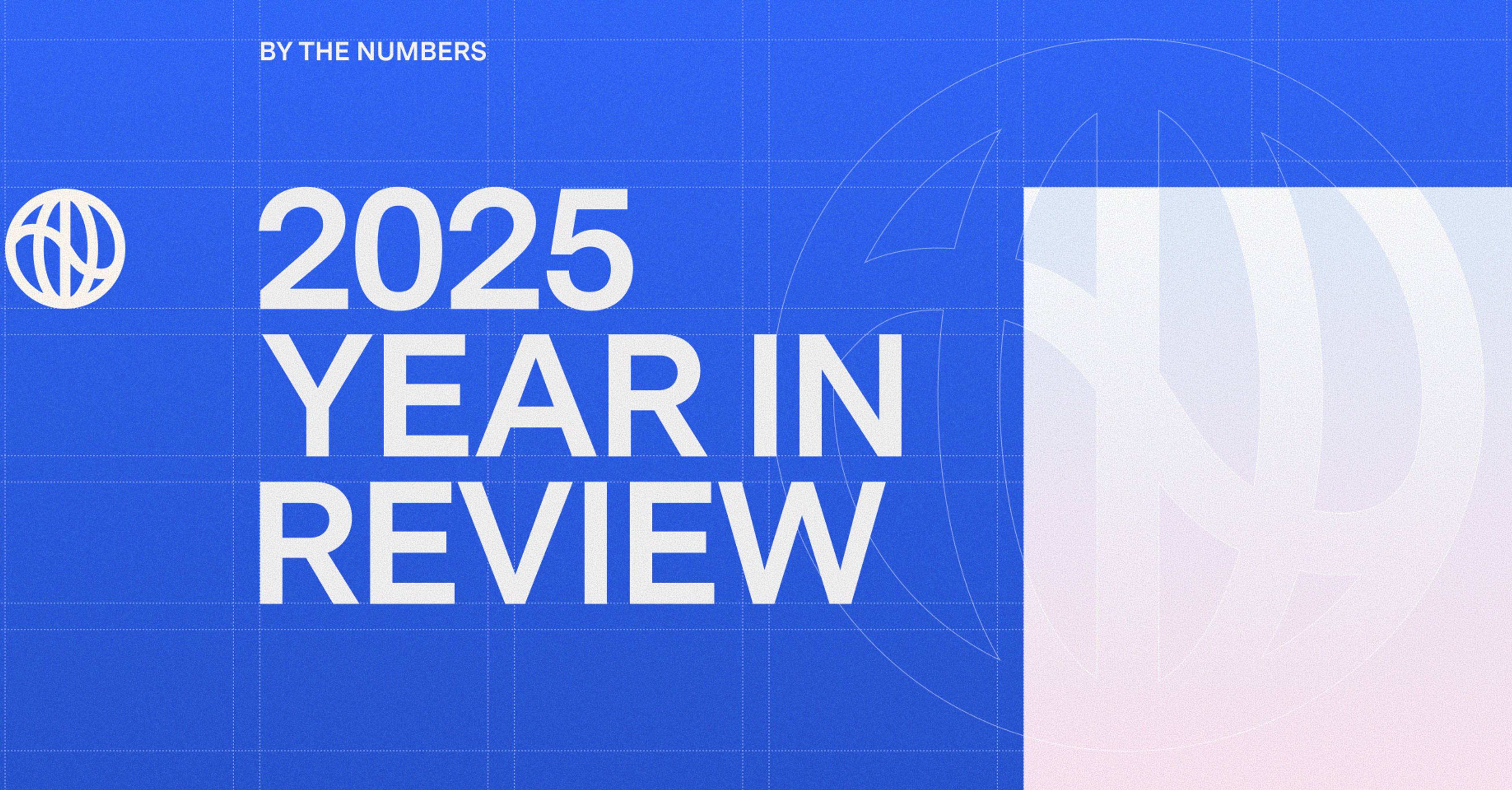UK sets path for mandatory ISSB-aligned disclosures and transition plans
The UK government has launched public consultations on a new corporate sustainability disclosure regime that would replace current TCFD-based requirements with standards based on the ISSB’s IFRS S1 and S2. The draft UK Sustainability Reporting Standards (UK SRS) are near-identical to the global ISSB baseline, with six minor UK-specific adjustments. If adopted, these standards would become the core framework for future disclosure rules in the UK. The FCA has committed to consult on mandating these new standards for public companies, and it’s expected that the government will do the same for its rules covering large private companies. Unlike the contested disclosure debates in some other jurisdictions, the UK is positioning this reform as a pro-competitiveness move—part of its ambition to become the home of global green finance.
In parallel, the UK launched a consultation on requiring mandatory climate transition plans from FTSE 100 companies and large financial institutions. Plans would need to be consistent with limiting warming to 1.5°C and structured according to the UK Transition Plan Taskforce (TPT) framework. That means going beyond emissions targets to include governance, financing strategy, and credible implementation pathways.
A third consultation sets out a proposed oversight regime for sustainability assurance providers. The focus is deliberately on regulating who can provide assurance, rather than setting mandatory requirements or technical rules. This creates a pathway to future assurance requirements, but for now, the regime is designed to build trust, consistency, and market readiness before further regulation is introduced.
All three consultations close on 17 September. In practice, UK companies should start aligning with ISSB climate disclosures now, as that’s the clear priority for the first two years, and begin preparing credible, Paris-aligned transition plans where relevant.
EU Council agrees on Omnibus position, as EFRAG signals direction of ESRS simplification
The EU Council has agreed on its negotiating position on the sustainability omnibus directive, and EFRAG has published a formal progress update on its work to revise the CSRD’s reporting standards (the ESRS).
On the CSRD, the Council has pushed for a narrower scope than the Commission originally proposed. It supports raising the threshold to 1,000 employees and €450 million in turnover, up from the Commission’s proposed €50 million. On the CSDDD, the Council proposes applying the rule to companies with 5,000 employees and €1.5 billion in turnover.
This “general approach” sets the Council’s position for upcoming negotiations with the Commission and Parliament, expected to begin later this year.
Meanwhile, EFRAG has shared its first formal update with the Commission on ESRS simplification. While a revised draft of the standards is not expected until mid-July, the update confirms that EFRAG is targeting a 50% reduction in mandatory datapoints, with a particular focus on reducing granular narrative disclosures.
EFRAG also outlines broader simplification levers: clarifying the double materiality assessment, improving the structure and readability of reports, revising the relationship between cross-cutting and topical standards, and offering targeted reliefs (e.g., on value chain data and commercially sensitive information).
For companies: The direction of travel is clearer, and the pressure to prepare remains. But the full picture of final reporting obligations will depend on how trilogue negotiations unfold, and what the July draft of the revised ESRS actually proposes.
Switzerland pauses climate reporting revisions
Switzerland has paused work on the revision of its Climate Reporting Ordinance. This was expected, after the planned revision of wider ESG rules in the Swiss Code of Obligations was already paused in March. The reason: to monitor how the EU’s sustainability rules evolve, including the outcome of Omnibus negotiations. The Swiss government has said it remains committed to developing a competitive and coherent regulatory framework, but for now, the direction and timing are on hold as it looks to align more closely with the EU.
For companies operating in Switzerland: Current climate disclosure obligations remain in place, but further changes to the rules are unlikely until well into 2026. For now, all eyes are on how the EU framework evolves, and how closely Switzerland will choose to follow.











